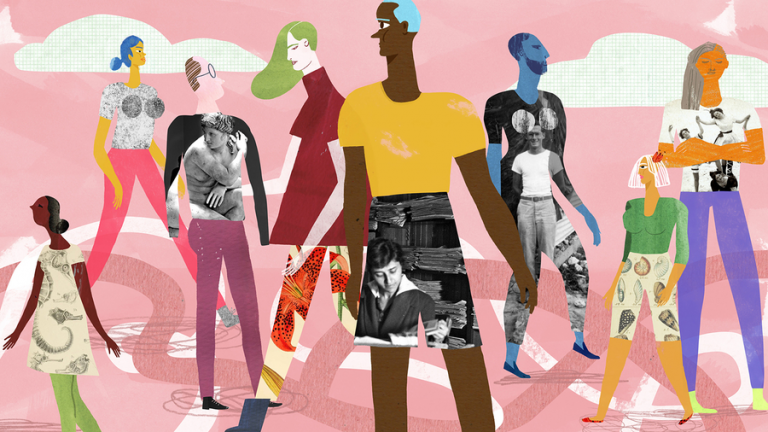
The first debate on Realism Vs Idealism was probably traced to 300 BC during the Hellenistic transformation which was greatly impacted by the Greek classical Philosophers. Two notable philosophers of this era, Plato and Aristotle, were said to prepare the grand framework on which much of the modern philosophies are predicated.
Plato found the Academy in Athens where the Greeks and those from faraway nations went to learn the art of doing philosophy. Plato’s school of thought is a top-down worldview where the philosopher is a part of the world’s order. Plato’s philosophy of forms is based on the notion that all material or physical forms have their unfathomable ethereal energies called ‘’the soul’’ which gives substance and meaning to their existence and experiences.
According to Plato, for every horse (physical form) there is a horseness (soul) which makes it impossible for the horse to become a Lion or a Cat. This kind of analysis espouses the belief that human development and experience transcend the scope of personal volition or conscious actions.
Register for Tekedia Mini-MBA edition 19 (Feb 9 – May 2, 2026): big discounts for early bird.
Tekedia AI in Business Masterclass opens registrations.
Join Tekedia Capital Syndicate and co-invest in great global startups.
Register for Tekedia AI Lab: From Technical Design to Deployment (next edition begins Jan 24 2026).
Later, Aristotle who used to be a very brilliant and beloved student of Plato departed from the doctrine of his master to found his own path which evolved to be called the peripatetic school. Aristotle believed since the ideal remains unfathomable, it is better to start the intellectual journey from what is readily accessible and discernible which is the reality or the material forms. Consequently, a bottom-up approach to doing philosophy emerged.
On forms, Aristotle dissects the transmutation of energy from potential to reality through his analogy of the oak and the acorn. The oak tree was a potential energy in the acorn which only manifested under certain conditions.
Since the time of Plato and Aristotle, contemporary theories and thoughts in modern disciplines have developed along the polarities of Idealism and Realism. In Sociology or Social sciences generally, the Idealist Vs the Realist debate persists and has continued to engender intellectual discourse and development of new insights.
The Social realists, also known as empiricists, argue that social life can only possibly be analyzed objectively. A part of this group believes people’s experiences and realities are consciously or unconsciously shaped by a set of beliefs and values handed down to them through the institutions that maintain social order. Emile Durkheim, a French classical Sociologist, describes this as the imposition of social facts.
According to Durkheim, social facts including material culture and nonmaterial cultures such as beliefs, norms, values, rituals and doctrines are external to the human self which then grow to become the coercive force of the human thought, actions and sense of being in Society. In other words, social facts make up the collective conscience of a people which guide their thoughts, inclinations, behaviours and realities.
The social realists believe human nature is expressed, objectified and improved in the course of their interaction with their environment. External events and things such as social facts influence the choices of people as to how they conduct themselves in social gathering and exert their creative energy for economic subsistence.
On the other side of the debate are the idealists who believe that social creation and the continuing social order cannot be simply attributed to social facts even though they are real. According to the idealists, human beings have creative talents and freewill that enable them to deal with their realities or social facts as necessity demands.
For the idealist, the social world is but a conception of the mind; all social events including the imposition of social facts derive essentially from human creative capacity expressed and given meaning through day-to-day social interaction.
However, a sociological model of reconciling the gap between the idealists and realists was offered by C. Wright Mills, a 20th century American Sociologist. He called this doing sociological imagination. According to Wright Mills, Sociological imagination is about ‘’examining the individual biography along the general context of the history of society’’.



